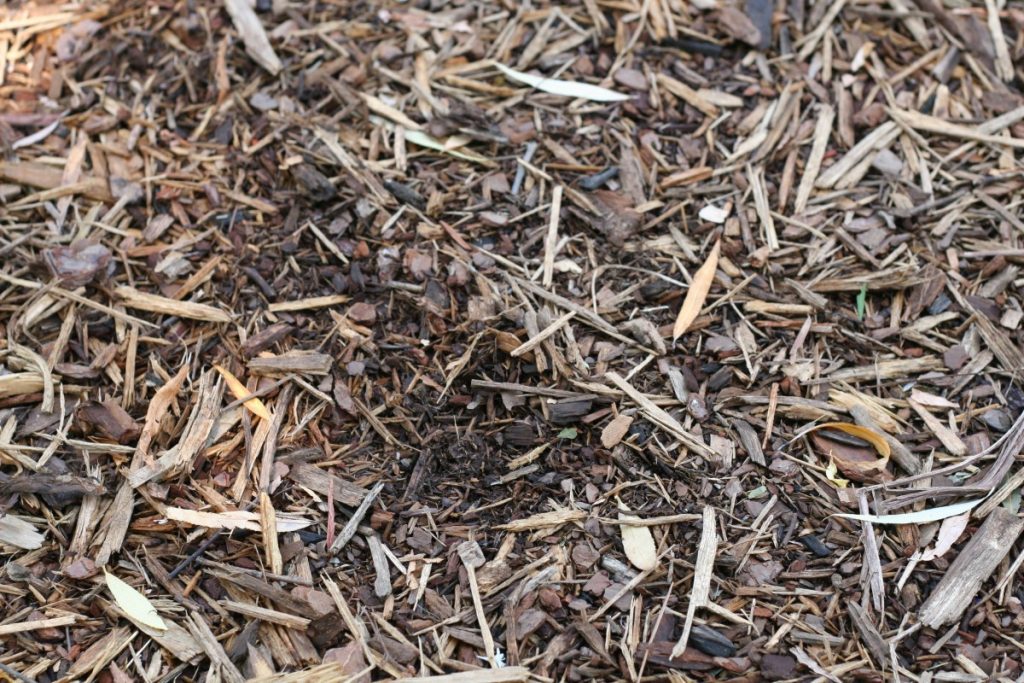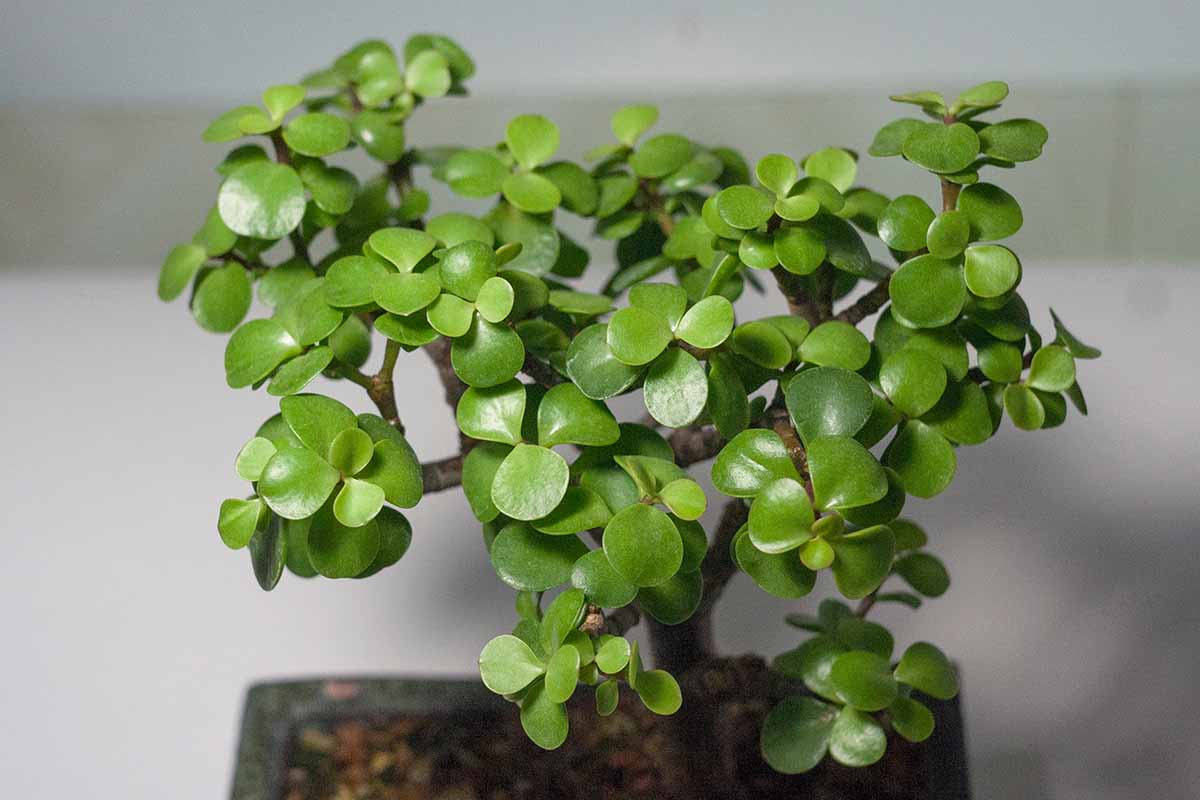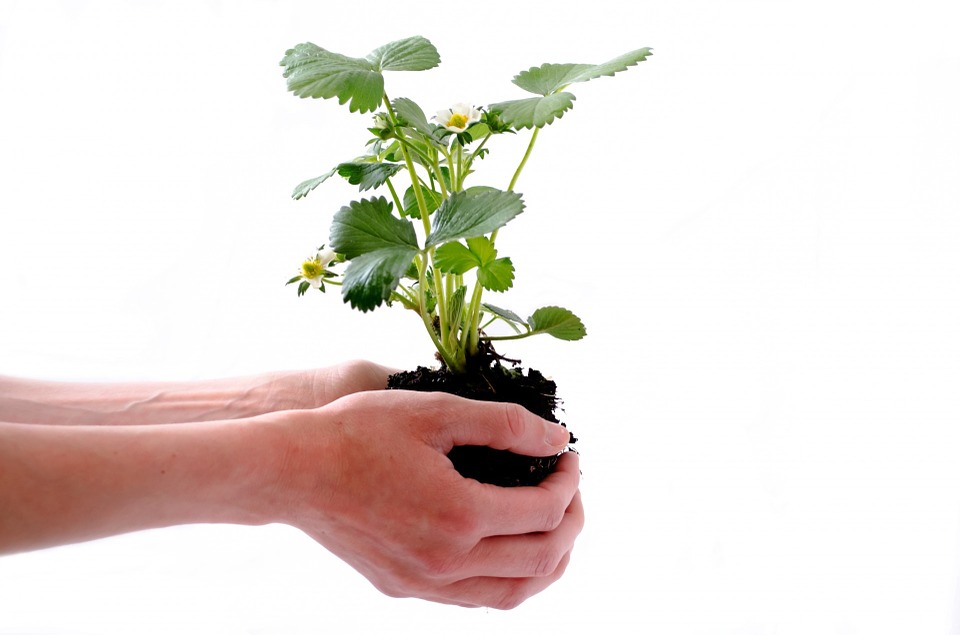Creating a thriving garden requires more than just planting seeds and watering them regularly. The foundation of any successful garden lies in the quality of its soil and the use of effective mulch. Organic mulch and topsoil can significantly improve the health and appearance of your garden, promoting better growth and reducing maintenance efforts. This guide will provide actionable insights on how to effectively use organic mulch and topsoil to achieve the best results for your garden.
The Importance of Organic Mulch
Benefits of Using Organic Mulch
Organic mulch offers numerous benefits for your garden. It helps retain moisture in the soil, reducing the need for frequent watering. By acting as a barrier, mulch also suppresses weed growth, saving you time and effort in maintaining your garden. Additionally, as organic mulch decomposes, it enriches the soil with essential nutrients, promoting healthier plant growth.
Types of Organic Mulch

There are various types of organic mulch to choose from, each with its unique benefits:
- Wood Chips and Bark: These are long-lasting mulches that provide excellent moisture retention and weed suppression. They also add a decorative touch to your garden beds.
- Straw and Hay: These mulches decompose relatively quickly, adding nutrients to the soil. They are ideal for vegetable gardens.
- Grass Clippings and Leaves: These materials are readily available and decompose quickly, enriching the soil with organic matter. However, they may need to be replenished more frequently.
How to Apply Mulch
To maximize the benefits of organic mulch, apply it correctly:
- Prepare the Soil: Remove any weeds and debris from the area before applying mulch. This ensures a clean surface for the mulch to cover.
- Layer the Mulch: Apply a 2-4 inch layer of mulch around your plants. Avoid piling mulch directly against the stems or trunks, as this can lead to rot.
- Replenish as Needed: Organic mulch decomposes over time, so be prepared to add more mulch periodically to maintain its effectiveness.
The Role of Topsoil in Gardening
What is Topsoil?
Topsoil is the uppermost layer of soil, rich in organic matter and nutrients. It is crucial for plant growth, providing a fertile base for roots to develop and absorb water and nutrients.
Benefits of Using Topsoil
- Nutrient-Rich: High-quality topsoil contains essential nutrients that support plant growth and development.
- Improves Soil Structure: Adding topsoil can improve the structure of your existing soil, enhancing its ability to retain moisture and support healthy root systems.
- Enhances Drainage: Well-balanced topsoil improves drainage, preventing waterlogging and root rot.
How to Use Topsoil
Using topsoil effectively can transform your garden:
- Soil Preparation: Before adding topsoil, clear the area of weeds and debris. Loosen the existing soil to ensure good integration with the new topsoil.
- Spread Evenly: Spread a layer of topsoil over the prepared area, ensuring an even distribution. For new garden beds, aim for a layer of 6-8 inches. For existing beds, 2-3 inches may suffice.
- Mix and Level: Use a rake or garden fork to mix the topsoil with the existing soil. Level the surface to create a smooth planting area.
Land Clearing and Soil Delivery Services
When to Consider Professional Help
For larger projects, such as establishing new garden beds or significant landscape changes, consider using professional services. Professionals can efficiently clear land, remove debris, and deliver high-quality topsoil and mulch to your garden. Their expertise ensures the job is done correctly and saves you time and effort.
Benefits of Soil Delivery Services
- Convenience: Delivery services bring topsoil and mulch directly to your home, eliminating the need for multiple trips to the garden center.
- Quality Assurance: Reputable delivery services provide high-quality, screened topsoil and organic mulch, ensuring you receive the best materials for your garden.
Practical Tips for a Healthy Garden
Regular Maintenance
Maintaining your garden regularly is essential for sustained growth and health. Check for weeds, replenish mulch as needed, and monitor soil moisture levels. Regularly inspect your plants for signs of pests or diseases and address any issues promptly.
Soil Testing
Conducting a soil test can provide valuable insights into your soil’s nutrient levels and pH balance. Understanding your soil’s composition allows you to make informed decisions about fertilization and soil amendments, promoting optimal plant health.
Watering Wisely
Proper watering is crucial for garden success. Water your plants deeply and infrequently, encouraging deep root growth. Early morning watering reduces evaporation and allows plants to absorb moisture throughout the day.
Embrace Organic Gardening
Incorporating organic mulch and topsoil into your gardening routine can significantly enhance your garden’s health and productivity. By choosing the right materials and following best practices, you can create a thriving, sustainable garden that brings joy and beauty to your outdoor space. Enjoy the benefits of organic gardening and watch your garden flourish with vibrant, healthy plants.



